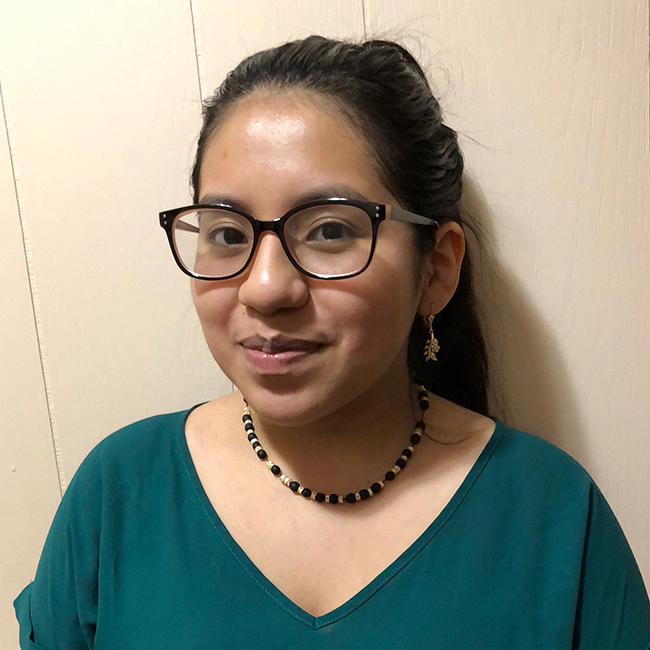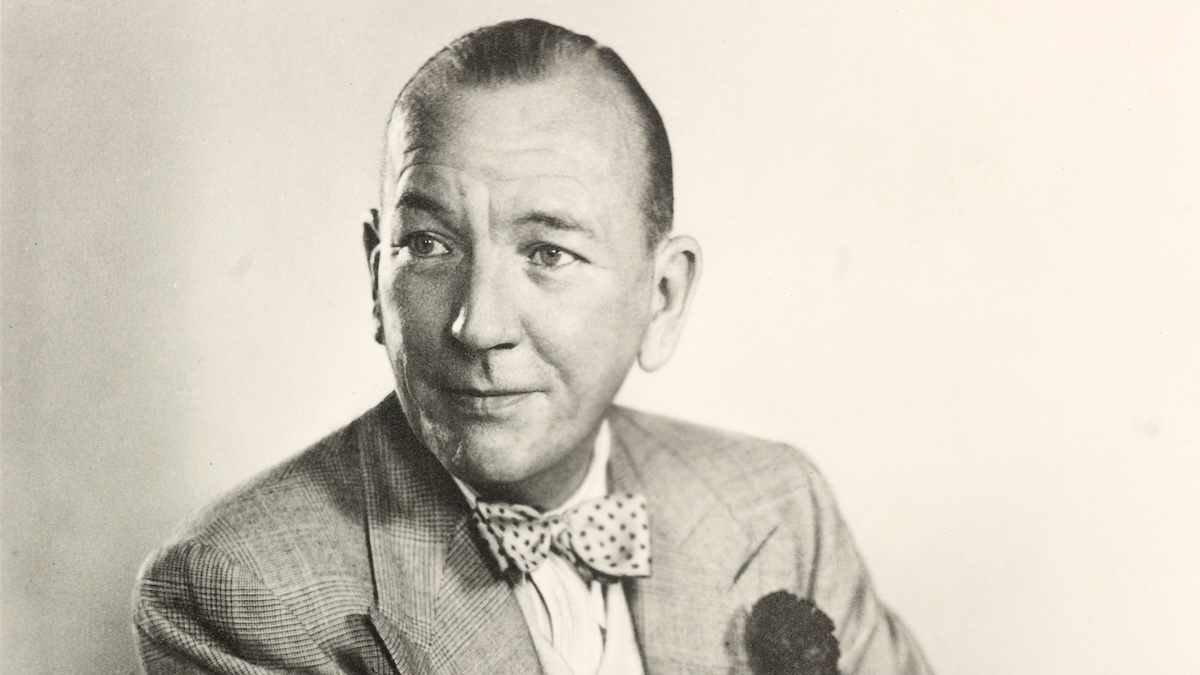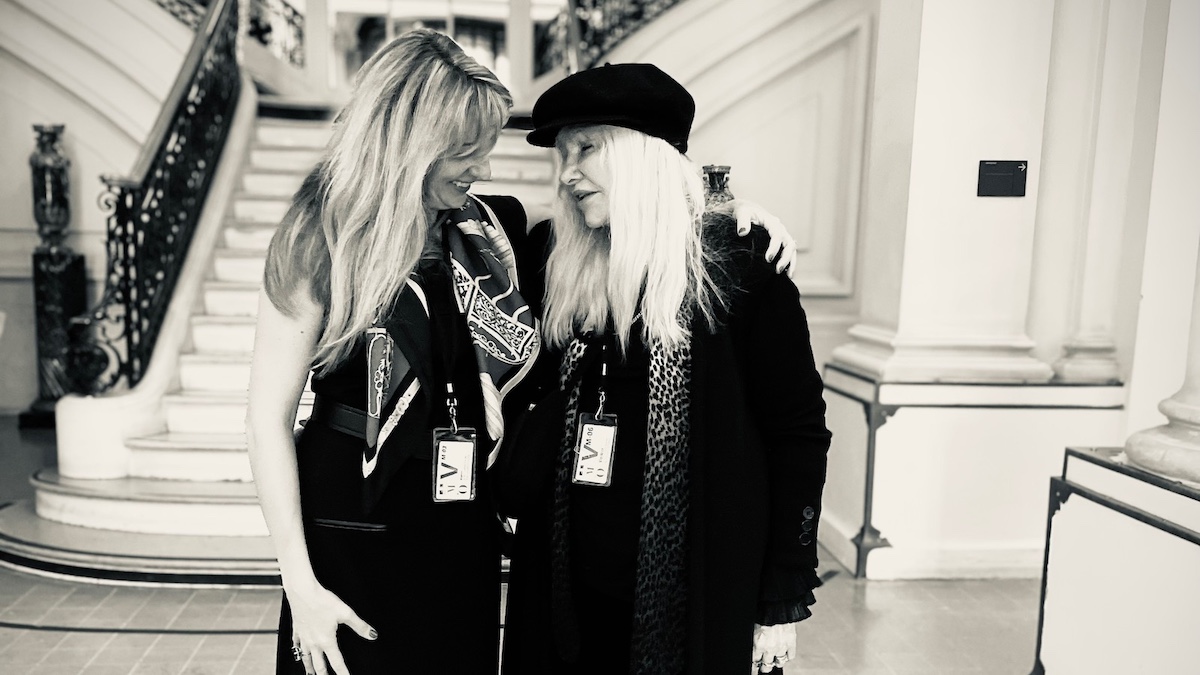
This piece was chosen as one of the Education Theatre Association’s 2018 Democracyworks Essays, sponsored by Samuel French; the prompt for which asked high school students to answer: “Why is it important for all students to have arts education opportunities?” In their writing, essayists considered how theatre and other arts education has been of value to them, and why it’s important that all students should be able to engage in arts education opportunities that are relevant to their own cultural and personal experiences. For more essays, click here.
Theatre. Dance. Art. Music. Throughout history, these art forms have brought laughter and joy to the hearts of thousands during times of sorrow, and prompted dialogue between people about new, sometimes radical, ideas. Theatre in particular has helped people learn about the experiences of others and gain empathy for their ideas and culture.
Last year, my theatre troupe performed The Laramie Project, a show that addresses hate crimes against the LGBTQ community. We actually met with the show’s playwright, Moises Kaufman, who spoke about what drove him to create a show about such a controversial and powerful issue. Kaufman said that he wanted to show how the tragedy of Matthew Shepard’s death affected not only his family and friends, but also the town of Laramie, Wyoming. He told us that he wanted to give a voice to the people of the town, no matter their opinions.
The impact of his play didn’t just end in Laramie though, as this show has been performed all over the world by diverse schools and companies. A dialogue around hate crimes began because people were introduced to a controversial topic in a brand new light. No longer is Matthew’s death just a story in the paper or a hashtag online; audiences see actors who look and think just like them or someone they know and these stories stop being stories and instead become people. Audiences relate to the characters onstage; in them they see their neighbors, friends and, most of all, themselves. The stage plants the seed for conversation, thought, and change.
Classic plays, such as those written by Shakespeare, also create dialogue that is relevant to current events. Deception, betrayal, political alliances, hidden agendas, and conflict between people in power are all problems that are common themes in Shakespeare’s plays and are still evident today in our society and government. Classic theatre allows us to see the consequences of our actions if we repeat the mistakes of our predecessors. Audiences are exposed to problems they might not want to recognize and begin to ask questions.
Just this summer, a controversy sparked over a production of Julius Caesar in New York. This was initiated when a woman in the audience began to join in on the scripted protests and had to be escorted out by the authorities. People were outraged by the modernization of the play that chose to depict Julius Caesar as Donald Trump. The incident launched a dialogue around freedom of speech. Some thought the woman was out of line and the director had the right to express himself and interpret the show however he wished. Others argued against this, believing that it was inappropriate to depict the current President being killed by members of Congress. Either way, this show got people talking about the limits of free speech and artistic liberties.
A show, whether contemporary or classic, begins dialogue. Plays present themselves to audiences through the actors but this is not the end of the conversation. Audience members leave the theatre and continue this dialogue, which can be as simple as telling a friend, “I watched this show and I loved it,” or as complex as, “This show’s message really got me thinking about…” For many, that’s all they are compelled to do—talk about the show and give their opinion. Others, however, will continue the dialogue and a show’s message could be all they needed to go out and be the change they want to see in the world.

Noël Coward’s Travels

Kate Chopin in New Orleans: Mother-Daughter Author Duo Collaborate on Historical Book

